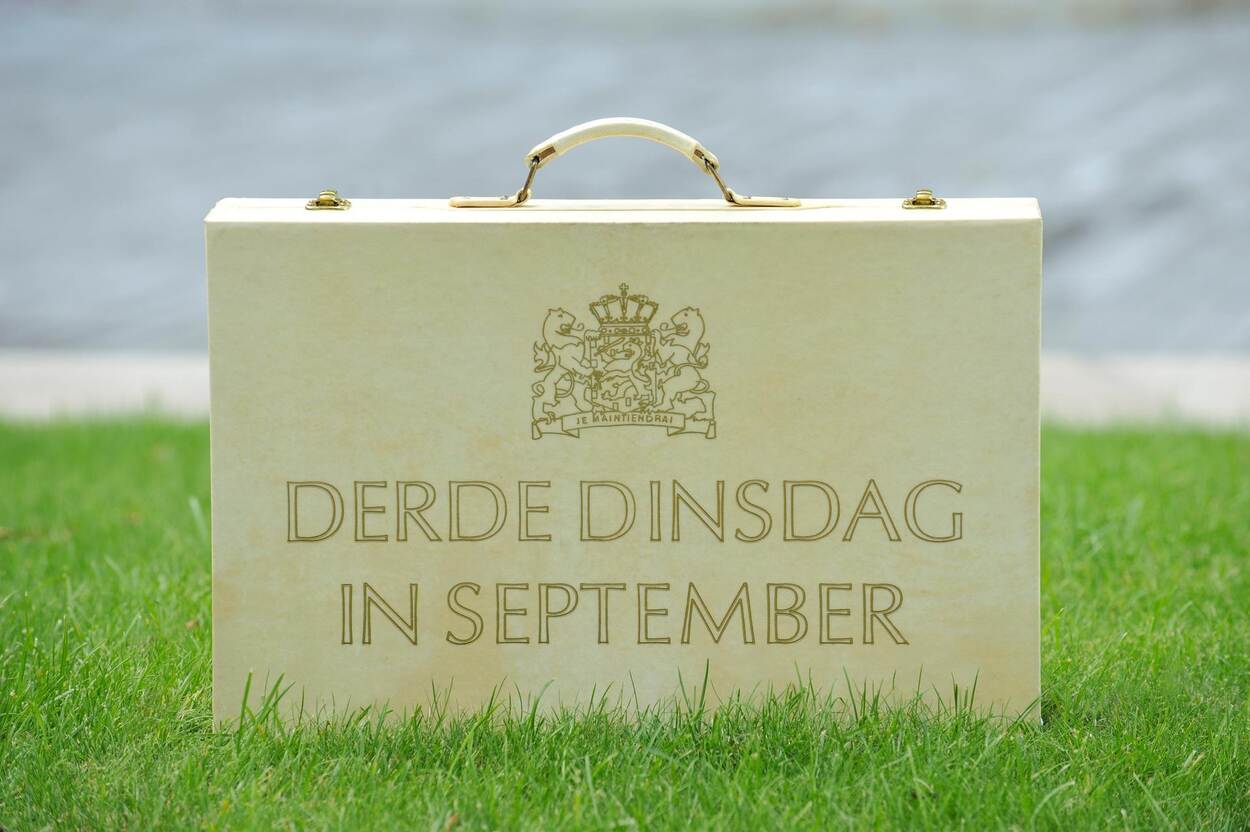
News Update Tax
Q&A about the Proposed EU Directive on Shell entities
11 February 2022
On December 22, 2021, the European Commission published a proposal laying down rules to prevent the misuse of Shell entities for tax purposes and amending Directive 2011/16/EU (“Directive”). This Q&A focuses on the main aspects of the Directive.
1. What is the purpose of the Directive?
The Directive aims at denying tax advantages of the EU Parent-Subsidiary and Interest & Royalty Directives ("EU Directives”) and/or access to double tax treaties concluded between Member States to entities that have no or minimal economic activity in the EU while they do not meet certain minimum substance rules (“Shell Company” or “Shell Companies”). The Directive first defines whether entities will have an additional reporting obligation in their annual tax returns and subsequently whether these entities actually qualify as Shell Company.2. When will the Directive enter into force?
It is intended that the Directive, if adopted, should enter into force as from 1 January 2024. In this case, the Directive should be implemented into national law by the Member States before 30 June 2023.3. What entities fall within the scope of the Directive?
The Directive applies to all entities, regardless of their legal form (including non-tax transparent partnerships), that are tax resident and eligible to receive tax residency certificates in a Member State. The Directive sets out three criteria to determine whether these entities merely exist on paper and thus qualifies as a “Reporting Entity”.4. What are the three criteria to qualify as Reporting Entity?
A Reporting Entity meets the following three criteria:- Relevant Income: more than 75% of the revenues accruing to the entity in the preceding two tax years is Relevant Income (see question 5); and
- Cross-border link: i. more than 60% of the book value of the entity’s (a) immovable property or (b) movable property held for private purposes with a book value of more than one million Euro (other than cash, shares or securities) was located outside the Member State of the entity in the preceding two tax years; or
- Outsourced corporate management and administration: in the preceding two tax years, the entity outsourced the administration of day-to-day operations and the decision-making on its significant functions.
ii. at least 60% of the entity’s Relevant Income (see next question) is earned or paid out via cross-border transactions; and
5. What is Relevant Income?
- interest or any other income generated from financial assets;
- royalties or any other income generated from intellectual or intangible property or tradable permits;
- dividends and income from the disposal of shares;
- income from financial leasing;
- income from immovable property;
- income from movable property, other than cash, shares or securities, held for private purposes and with a book value of more than one million Euro;
- income from insurance, banking and other financial activities; and
- income from services which the entity has outsourced to other associated enterprises.
6. What is a Shell Company?
A Reporting Entity has to report in its annual tax return whether it has- premises available for exclusive use of the entity;
- an active bank account in the EU; and
- (i) at least one Qualified Director (see next question), who is a tax resident of (or near) the same Member State as the Reporting Entity, or (ii) the majority of employees who are qualified to carry out the activities that generate the Relevant Income are tax resident of (or near) the same Member State as the Reporting Entity.
A Reporting Entity that does not meet all of these criteria is qualified as Shell Company for the purpose of the Directive, unless it can rebut that it is a Shell Company.
7. What is a qualified director?
Any director (meaning executive) who is a tax resident in the Member State of the entity that is qualified and authorized to take decisions in relation to the operations that generate the relevant income (i.e. dividends, real estate and royalties). The director should actively and independently exercise his authority on a regular basis. In addition, the director cannot be an employee of a non-associated enterprise and/or be a director of a non-associated enterprise.8. What is the impact of the Directive on the current Dutch substance guidelines?
The current Dutch substance guidelines, stipulate that Dutch tax resident entities should amongst others have their own premises, an active bank account that is controlled from the Netherlands and directors with professional knowledge to perform their duties. These Dutch substance guidelines are largely in line with the Directive. However, the Directive stipulates that it will no longer be possible to use directors from non-related enterprises as of 1 January 2024. This means that current and future investment entities in the Netherlands should employ at least one Dutch tax resident Qualified Director.9. Does the Directive have exemptions for Reporting Entities?
The Directive provides for certain specific exemptions. The main exemptions are entities listed on a regulated market, Alternative Investment Funds (AIFs), credit institutions, pension funds, holding companies with no/limited crossborder elements and entities with at least five full-time employees exclusively engaged in generating Relevant Income.The Directive also provides an exemption for (i) a Reporting Entity which holds shares in an operational business in the same Member State while the beneficial owners of the Reporting Entity are also considered a tax resident of the same Member State, and (ii) a Reporting Entity with holding activities which is a tax resident of the same Member State as its shareholders or ultimate parent company.
The Member State of the Reporting Entity may grant a certificate of exemption for one year if the entity provides sufficient and objective evidence that its interposition does not lead to a tax benefit for its beneficial owner(s) or the group as a whole. After one year this exemption may be extended by the Member State for a period of five years. Entities falling within the scope of this exemption remain entitled to tax advantages of EU Directives/tax treaties and are not subject to reporting obligations.
10. Is there a possibility for counter-evidence for a Shell Company?
There are two possibilities for a Reporting Entity to prove that they’re not a Shell Company. Firstly, it is possible to provide additional evidence that the Reporting Entity does have minimal substance in accordance with the Directive. The evidence has to be provided in the form of either (i) documentation explaining the commercial rationale behind establishing the Reporting Entity, (ii) information about the employees of the Reporting Entity detailing their relevance or (iii) evidence that the decision making concerning the activities that generate relevant income is being taking place in the Member State. Secondly, it can be proven that the use of the Reporting Entity does not result in a tax benefit for its beneficial owners or the group of which it is a member. This can be done by requesting a certification of exemption from the obligations of this Directive from the tax authorities at any given moment during the tax year (similarly to question 9).11. What are the tax consequences of being a Shell Company?
The Directive makes a distinction between the consequences for the Shell Company itself and for the other Member States. The Member State of the Shell Company will either (i) no longer issue a tax residency certificate to the Shell Company or (ii) only issue a tax residency certificate with the indication that the Shell Company is qualified as such for the purposes of the Directive and is therefore not entitled to the benefits of agreements and conventions that provide for the elimination of double taxation (including EU Directives). The Shell Company remains subject to tax in its jurisdiction.Member States other than the jurisdiction of the Shell Company have to disregard any agreements and conventions that provide for the elimination of double taxation of income and capital, for the purposes of the EU Directives (to the extent that the Directives apply due to the Shell Company being deemed a tax resident of a Member State) and/or tax treaties. Therefore, taxation takes place as if the Shell Company does not exist, whereby a credit is granted for taxes paid on Relevant Income.
According to the Directive, the same applies to immovable property held by a Shell Company. The Member state where the immovable property is located, as well as the Member State in which the shareholder(s) of the Shell Company are resident(s), shall tax the immovable property as if it is directly owned by the shareholders of the Shell Company (without the application of a double tax treaty).
12. Does the Directive only apply within the EU?
Currently, the scope of the Directive is limited to the EU. However, the European Commission announced to introduce new regulations in 2022 to address the challenges of Shell Companies located outside the EU.13. How are Member States going to exchange information on Shell Companies?
The proposal foresees timely and extensive exchange of information between Member States of data on Shell Companies and Reporting Entities in the EU. This will involve the Member States reporting to a central server, also used for DAC6, within 30 days from the time the administration has such information. This server is accessible for all Member States.14. Are there penalties involved for not complying with obligations?
Penalties will be introduced in domestic law at the discretion of the Member States. However, the penalties should include an administrative sanction of at least 5% of the Shell Company’s turnover in the relevant tax year.Written by:





